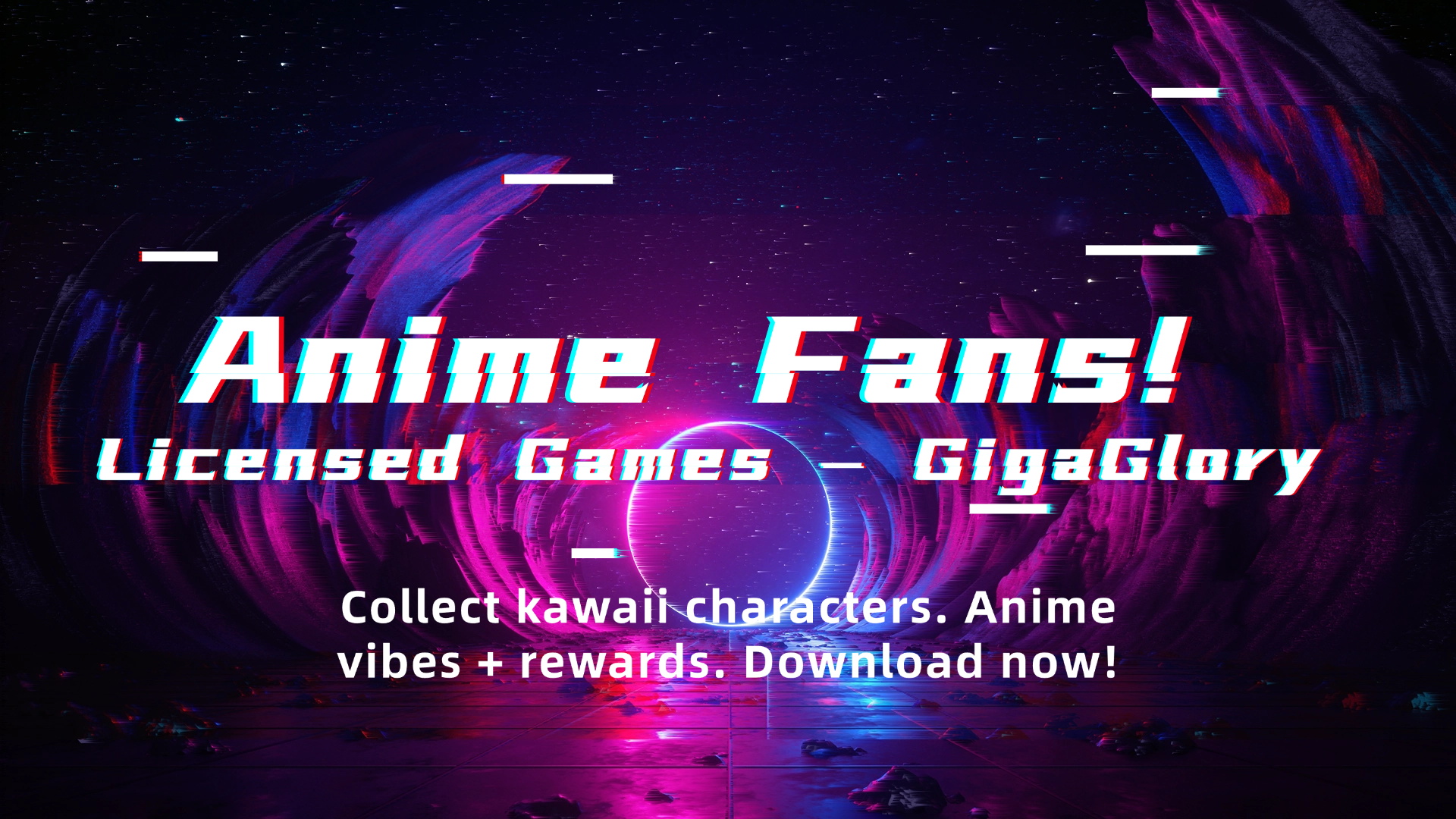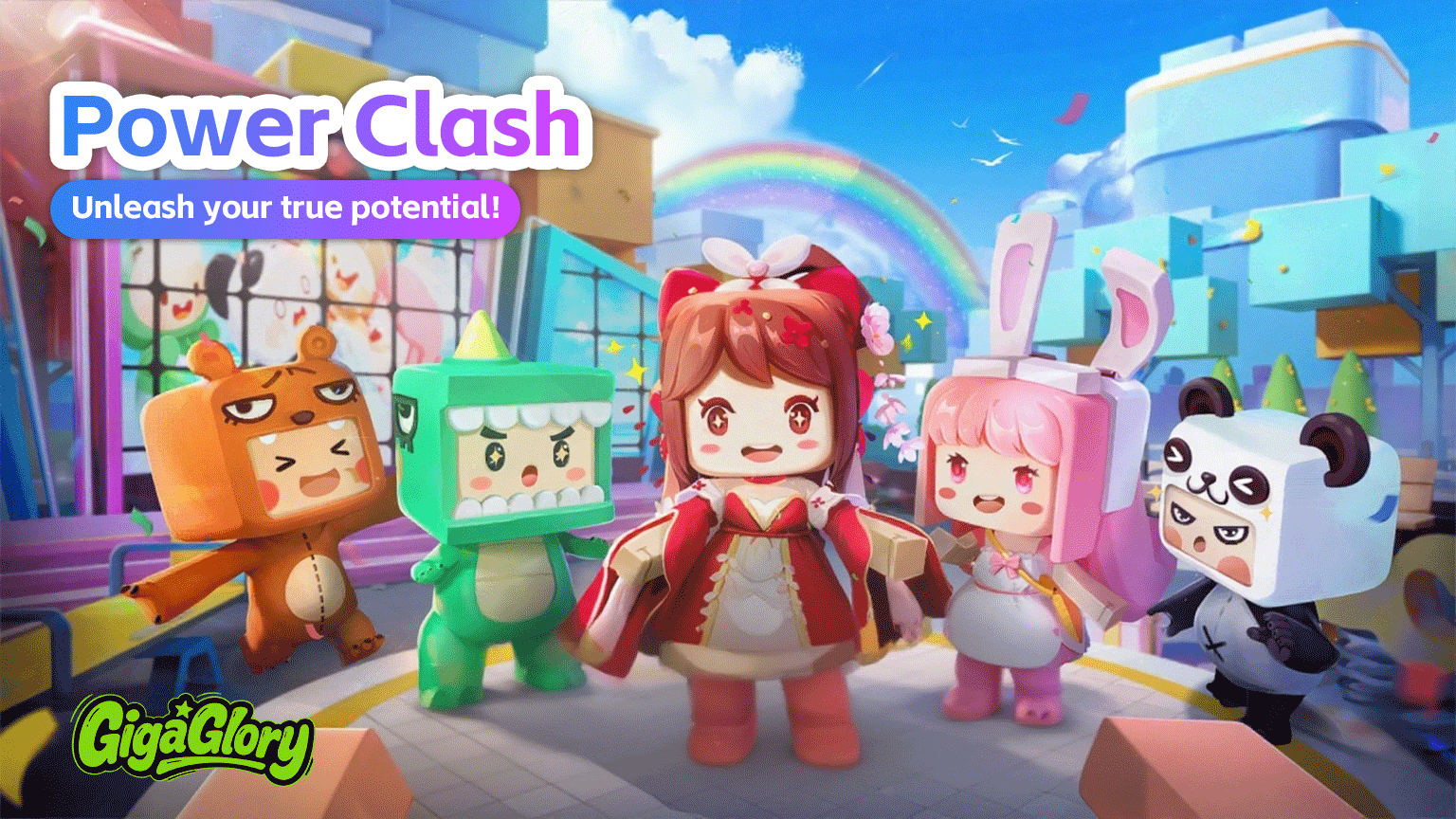Exploring the Freedom of Open World Games: Why They Captivate Gamers Everywhere
The landscape of gaming has transformed dramatically over the years, with one genre standing out: open world games. These games offer players an exhilarating experience of total freedom, allowing them to explore vast environments, engage in diverse activities, and create their own narratives.
Understanding Open World Games
Before diving deeper, it's essential to clarify what defines open world games. In essence, they are video games set in expansive virtual worlds that can be explored freely by players. Unlike linear games that guide players along a predefined path, open world games provide an open-ended experience.
Classic vs. Contemporary Open World Games
- The Legend of Zelda: Breath of the Wild
- Grand Theft Auto V
- The Witcher 3: Wild Hunt
- Skyrim
- Red Dead Redemption 2
These titles highlight the evolution of open world games, showcasing how mechanics, graphics, and storytelling have advanced.
The Allure of Freedom
Freedom is the cornerstone of why gamers are drawn to open world games. Players can choose their paths, complete quests in any order, or simply wander through the environment. This element of choice creates a deeply personal gameplay experience, enhancing engagement.
The Role of RPG Classes in Open World Games
Many open world games incorporate RPG elements, allowing players to select classes. Below is a brief list of common RPG classes players can choose in games:
- Warrior
- Mage
- Rogue
- Healer
- Hunter
This variety lets players tailor their gaming experience based on preferred play styles, further cementing the appeal of open worlds.
Impact of Narrative Choices
One fascinating aspect of open world games is their capacity for storytelling. Many of these games include branching narratives wherein decisions reshape the story's progression. This dynamic makes every player's experience unique.
Visual Appeal: The Art of Open Worlds
The graphical fidelity in today’s open world games is stunning. Game developers invest heavily in creating immersive worlds filled with intricate details—from dynamic weather systems to realistic day-night cycles. This visual immersion pulls players deeper into the gaming experience.
Community and Online Features
Modern open world games, such as those challenging the limitations of traditional gaming, often include online multiplayer components. Gamers can team up or compete within the same environment and share experiences that amplify the enjoyment.
Why These Games Appeal to Various Audiences
Open world games attract a broad audience because they cater to varied interests—those looking for competitive play can indulge in combat, while others can focus on exploration or crafting. This versatility appeals to casual gamers and hardcore players alike.
Challenges in Open World Game Design
Despite their allure, open world games pose several design challenges. Balancing freedom with structured gameplay can be daunting for developers. Ensuring players don't feel overwhelmed or lost while still preserving their freedom is an ongoing struggle.
The EA Sports FC 25 Showcase: Open World Synapse
While typically associated with sports, EA Sports FC 25 Showcase pushes the boundaries of conventional gaming by integrating open world elements. Players can explore different teams' environments, enhancing realism and engagement.
Making Decisions Count
One element is that each choice made within an open world game can lead to varying consequences. This impact makes players think critically about their actions, resembling real-life decision-making processes.
Conclusion: Embracing Liberation in Gaming
As we've explored the captivating nature of open world games, it's evident that they tap into the desire for freedom and choice, coupled with compelling narratives and expansive environments. These games resonate with diverse gamers, merging complex gameplay with satisfying freedom. Whether it's the thrill of a quest or the joy of exploration, the open world offers an unparalleled gaming experience, leaving a remarkable impact on the gaming community.



